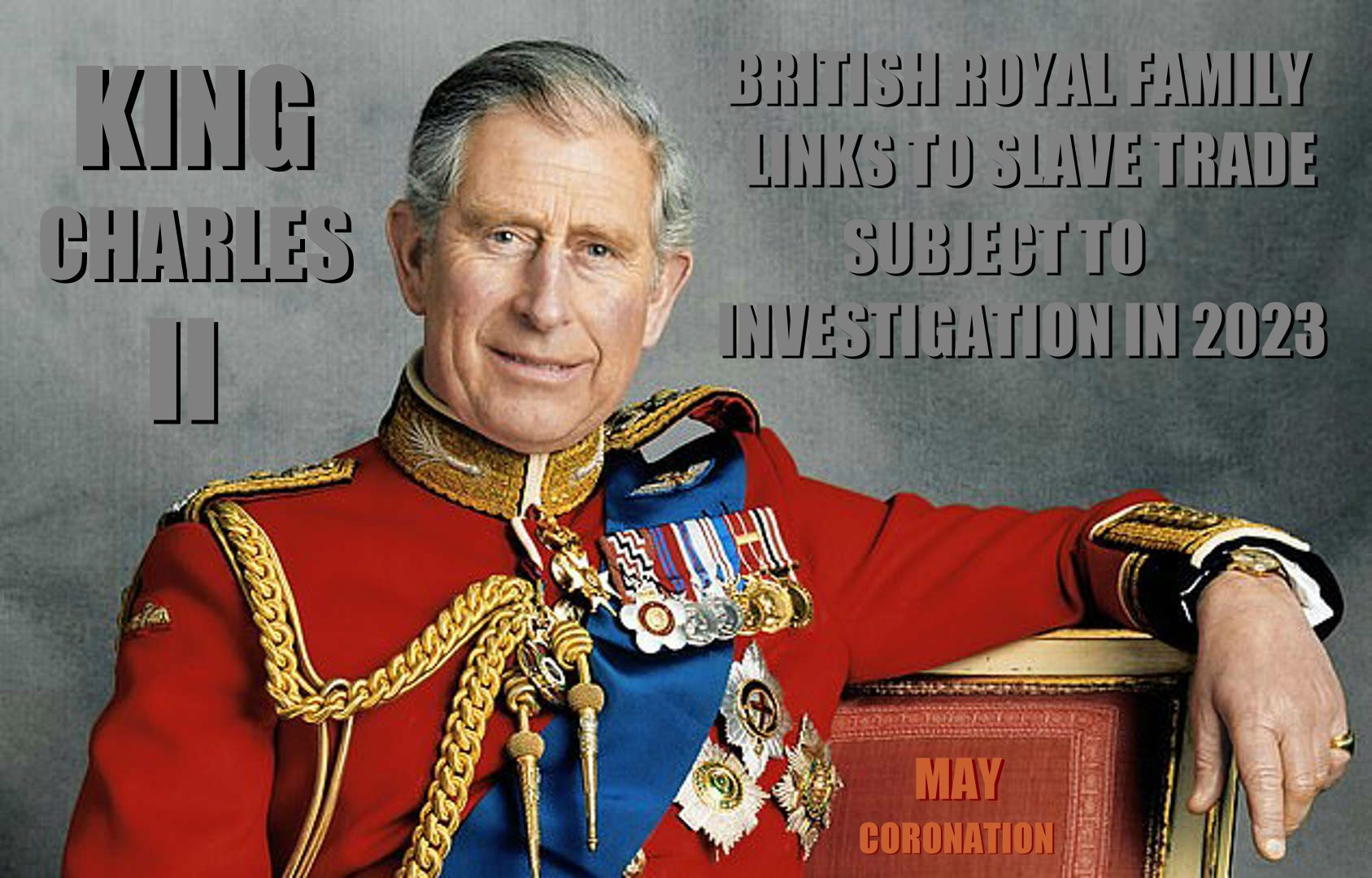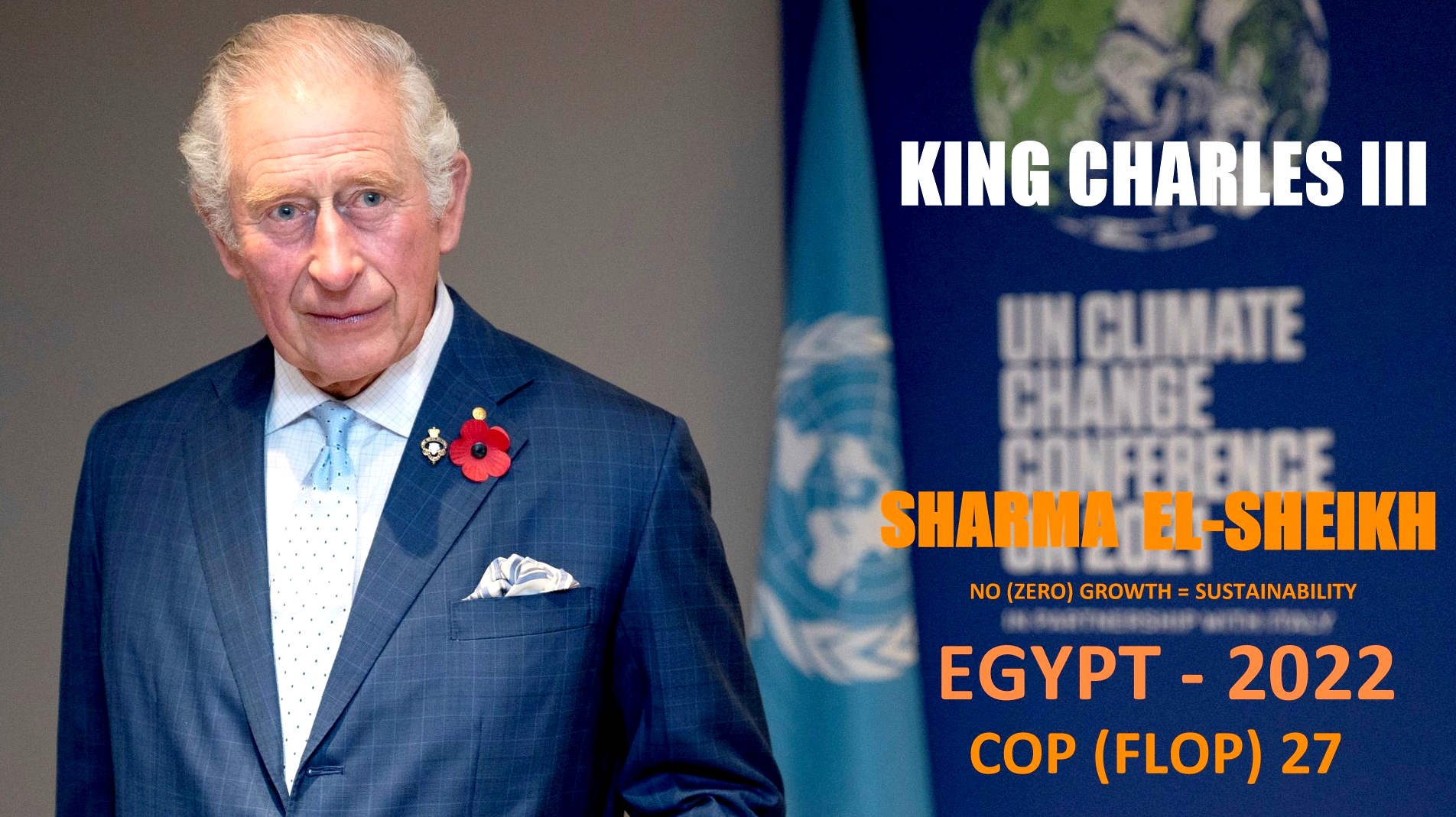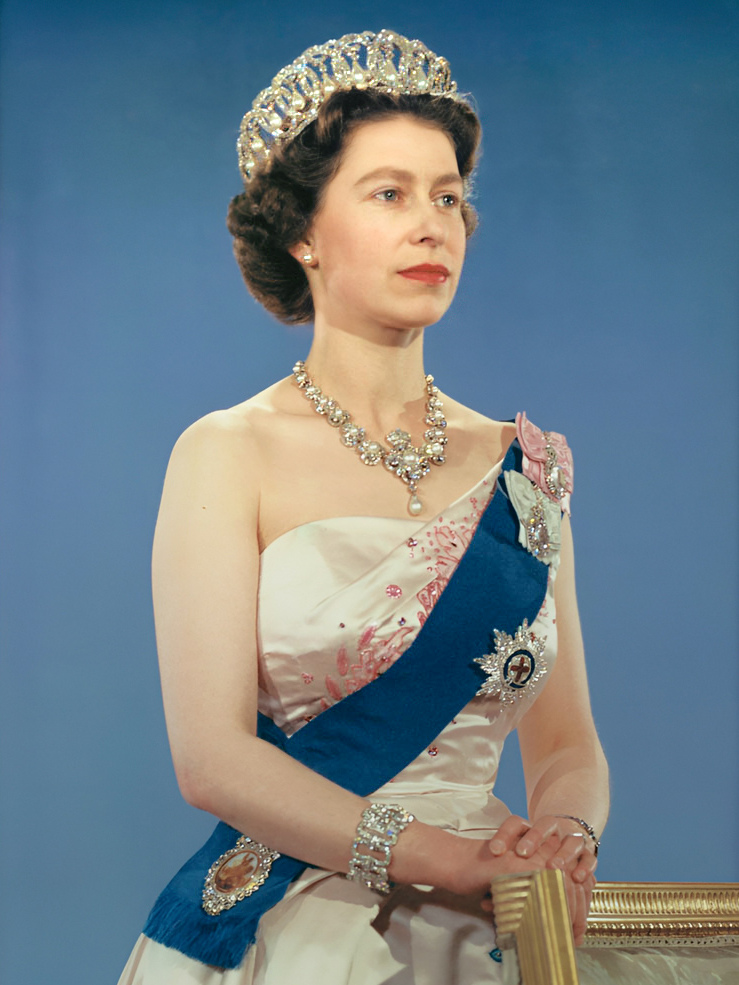|

INSIDER 8 SEPTEMBER 2022 - WHAT WOULD HAPPEN TO THE ROYAL FAMILY IF BRITAIN ABOLISHED THE MONARCHY
The British royal family has certainly had a tumultuous couple of years.
On Thursday, Queen Elizabeth II died at the age of 96, shaking up the royal line of succession. The Queen's eldest son,
Charles
III, will assume the throne.
But prior to that, the royal family was mired in a series of controversies.
Prince Andrew's involvement in the Jeffrey Epstein scandal, Meghan Markle and Prince Harry's royal exit, and the couple's allegations that their son was subjected to racism from within the royal household — begged the question of how long the monarchy can survive.
King Charles III had also seen a drop in popularity in the UK after Harry and Markle's Oprah interview — where it was revealed he stopped taking Harry's calls in 2020 — Insider's Samantha Grindell previously reported.
Nadine Batchelor-Hunt, political correspondent at JOE.co.uk, argued that the royals are "becoming increasingly out of place in contemporary society" due to the family's past and present scandals.
"The time has come: let's abolish the monarchy," she said.
While some countries, including Greece and Bulgaria, abolished their monarchies through public referendum, royal commentator Marlene Koenig said the process is more complex than people think.
"It would take legislation, an act of Parliament, and signed by the Sovereign to end the monarchy," Koenig, a royal expert for History Extra, previously told Insider.
However, Koenig added that "the monarchy is not going anywhere anytime soon."
"There are no protests. The republican movement is small," she explained. "The political system is stable."
Nonetheless, that's not to say things couldn't one day change if there were to be a greater call for Britain to consider the future of the monarchy.
Here's what would happen to the royal family if the monarchy no longer existed.
The King would move out of Buckingham Palace — but he wouldn't have to give up all of his royal residences
Buckingham Palace has been used as the official working and living headquarters of Britain's monarchs since 1837. It has 775 rooms (many of these are for private use), and will used by the King to host state banquets and engagements with world leaders and government officials.
It is also a prime location for many milestone events, including royal wedding receptions, and, soon, the King's Trooping the Colour birthday parade each year.
The palace was usually open to visitors in the summer, when Her Majesty vacationed at her Scottish holiday home, Balmoral Castle. However, it could become a permanent tourist attraction if the King were to officially move out.
The palace is property of the Crown Estate, which the late Queen Elizabeth was the owner of while she was the monarch. However, this would change if the new King was no longer Head of State, according to the Crown Estate's official website.
"The Crown Estate is though owned by the Monarch in right of the Crown," the website read.
"This means that the Queen owns it by virtue of holding the position of reigning Monarch, for as long as she is on the throne, as will her successor."
Other residences that are Crown-owned include Windsor Castle (her Easter residence), and the Palace of Holyroodhouse (her Edinburgh residence).
As pointed out by Koenig, the Queen also privately owned Balmoral Castle in the Scottish Highlands and the Sandringham Estate in Norfolk, where she spent every Christmas and New Year. Therefore, it's likely she would have chosen one of these as her new permanent residence.
This isn't an unusual circumstance for royal families from abolished monarchies, according to Koenig.
"Most of the former German royal families stayed in their homes," she said. "Some property was confiscated, others received compensation, including the Kaiser's family."

PRINCE WILLIAM AND KATE WOULD FOLLOW PRINCE HARRY AND MEGHAN'S LEAD AND PURSUE FINANCIAL INDEPENDENCE
At the age of 73, it's possible that King Charles would retire from public life if the monarchy was abolished.
It's more likely that the younger generation of royals, such as Kate Middleton and
Prince
William, would follow Prince Harry and Meghan Markle's lead and try to shape their own careers.
The Duke and Duchess of Sussex said during their Oprah interview that the royal family had cut them off financially at the beginning of 2020, meaning the couple had to rely on Harry's inheritance from Princess Diana.
Since then, the Sussexes have secured major deals with Spotify and Netflix, and also signed on to Harry Walker Speaking Agency.
A public relations guru suggested to The Mirror that the couple could earn up to $1.3 billion (£1 billion) through corporate deals and brand ambassador roles.
Meanwhile, Markle narrated the Disney Plus documentary, "Elephant," which premiered in 2020.
Of course, it's just down to speculation as to whether Middleton and William would take on similar work to Harry and Markle if they were forced to pursue private careers.
They do have similar skill sets to the Sussexes. They currently run their own charity, "The Royal Foundation," where they often give speeches at charity dinners and events.
Like Markle, they also have experience with voice-over work. Middleton, William, Harry, and Markle co-narrated a mental health commercial directed by Richard Curtis in 2019.
LIKE KOENIG SAID, IT'S UNLIKELY THE MONARCHY WILL BE ABOLISHED
All that being said, it's worth remembering that royal experts say the likelihood of the monarchy being abolished is pretty low.
Although royal author Nigel Cawthorne previously told Insider that the monarchy will be "severely damaged in the long term" by Harry and Markle's exit, most experts suggest that things will not change.
"The monarchy as an institution is all about the monarch and her direct heirs," royal editor Robert Jobson said. "The Sussexes are popular, but their involvement in matters of state are negligible."
Koenig echoed Jobson's comments. "The only members of the royal family that have a constitutional role are the Sovereign and the heir apparent," she said.
Therefore, while it appears unlikely, it's clear the royal family would still be able to survive — whether from private property or corporate deals — if the monarchy no longer existed.
The
United Kingdom does not yet have a Written
Constitution, leaving the justice system open to abuse via the
honours system. [R v Sussex Justices 1924]

Corruption
lurks in every corridor of local and national buildings. Queen Elizabeth
was asked for help. She declined. The duty to provide an effective
remedy, now rests with King
Charles.
Incompatibility
in Human Rights terms, is where one statute does not comply with HR
statute. The European Convention does include Article 13, the right to
an effective remedy.
ABOUT
THE ROYALS
The
King of England, is Charles
III. His
son, the former Duke
of Cambridge, Prince
William, is now the Prince of Wales, a King in waiting - as of the death
of Elizabeth II.
Their mother and grandmother, respectively, Queen
Elizabeth II, passed on 8th September 2022, at the age of 96.
The previous
King, Charles
II, ruled from 1630 until 1685, gave a Royal
Charter to export captured native Africans as slaves to British colonies,
to work cotton, sugar and tobacco plantations, to James
II.
King
George I tried to wipe out the then National Debt by introducing the
South Sea Bubble - series of frauds.
Queen
Elizabeth I (Good Queen Bess), was famous for commissioning privateers
to carry out acts of piracy on the high seas, to boost the coffers of her
Treasury. As was Queen
Anne 1665 - 1714. King
George I carried on with privateers, then politics changed during his
reign 1714 to 1727.
REFERENCE
https://www.insider.com/what-would-happen-to-royal-family-if-britain-abolished-monarchy-2020-3
|
